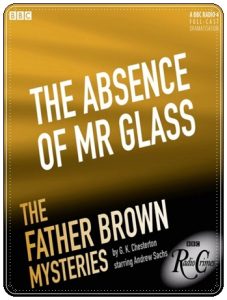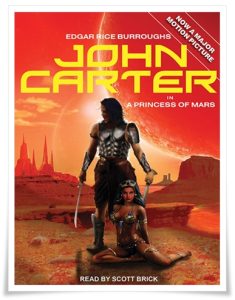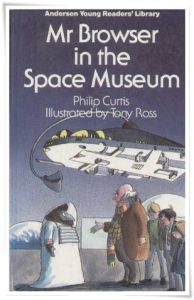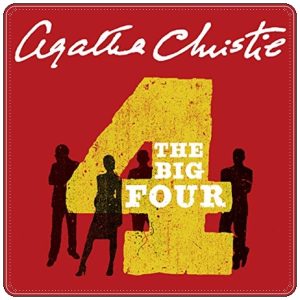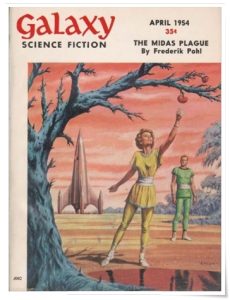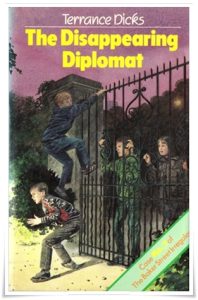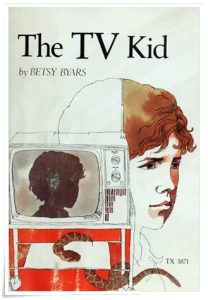The Complete Peanuts: 1973 to 1974
by Charles M. Schulz (Fantagraphics, 2008)
Two more excellent years. Schulz favours Snoopy (a little too much), Charlie Brown and Peppermint Patty, but Sally also comes into her own. The physical humour is masterfully drawn, the existential comedy as reliable as ever. Plus, Schulz dabbles with dad jokes!


